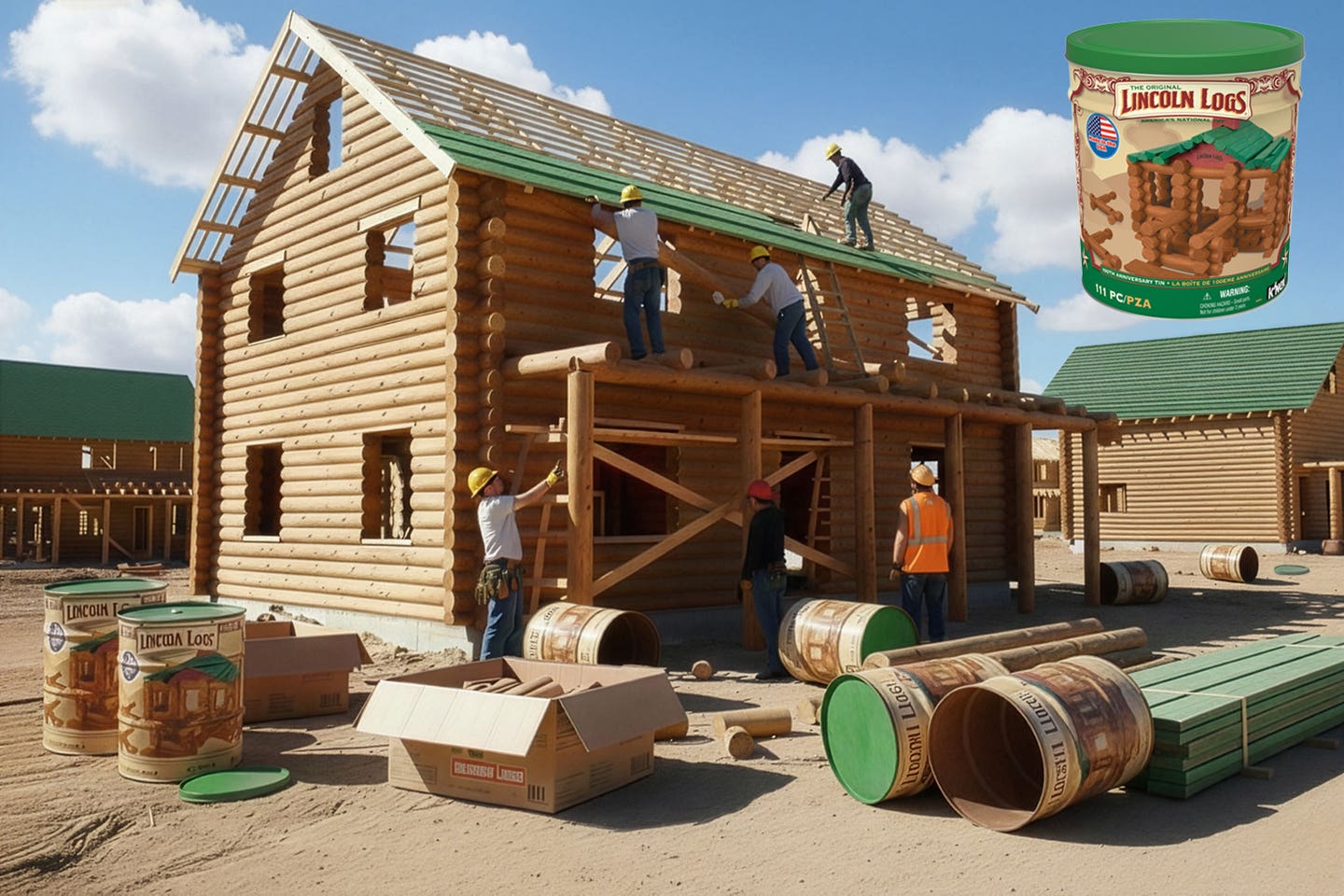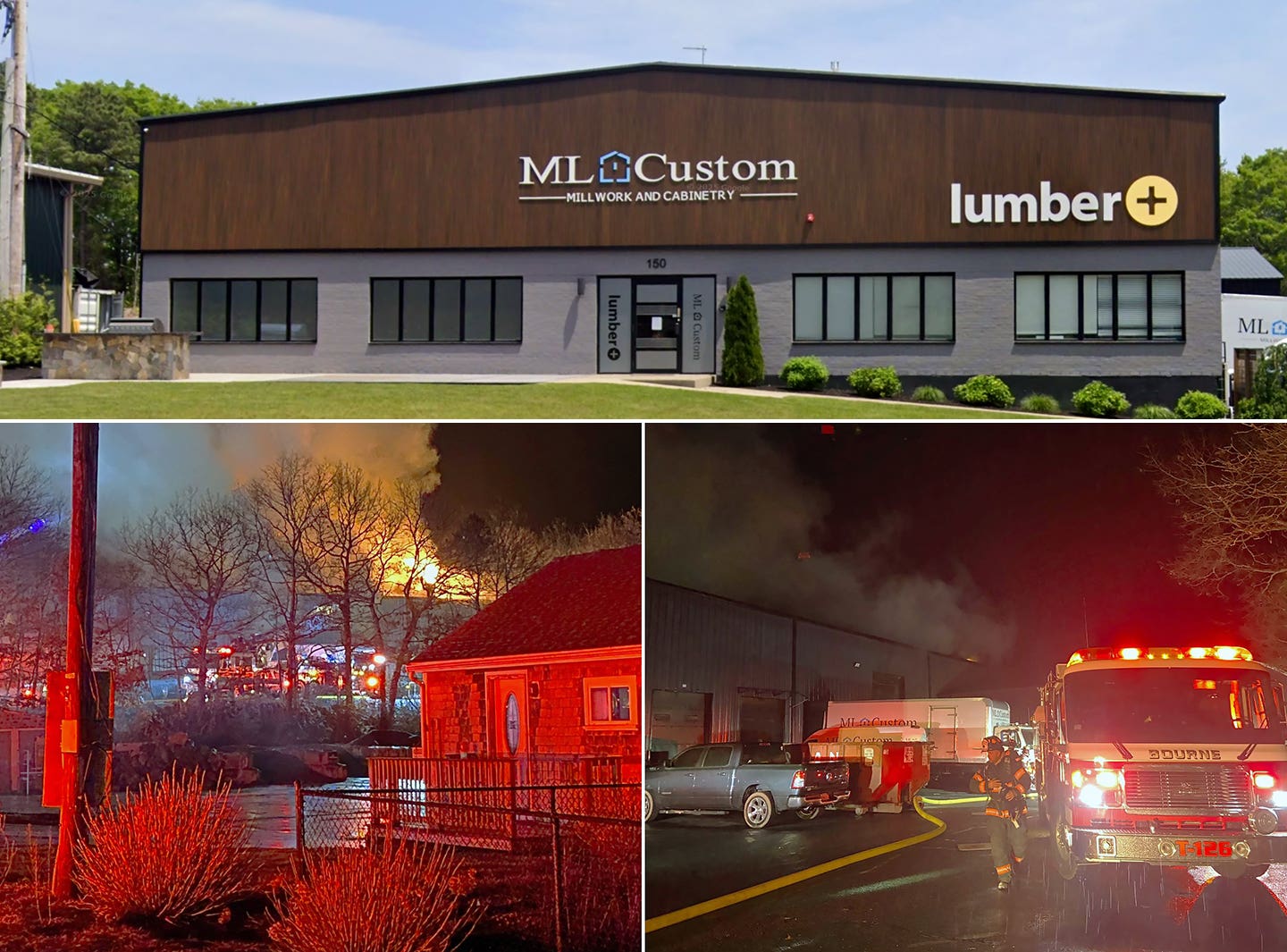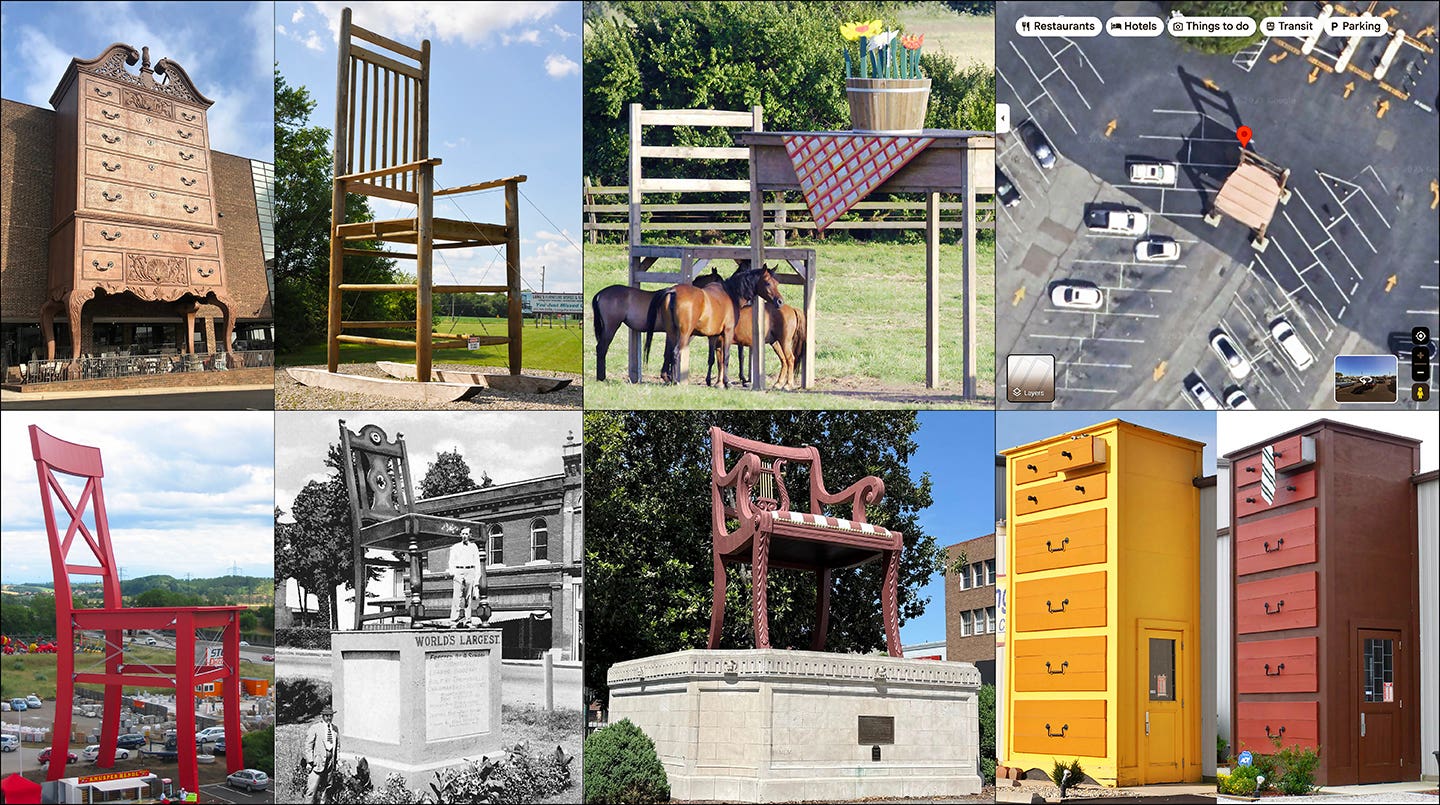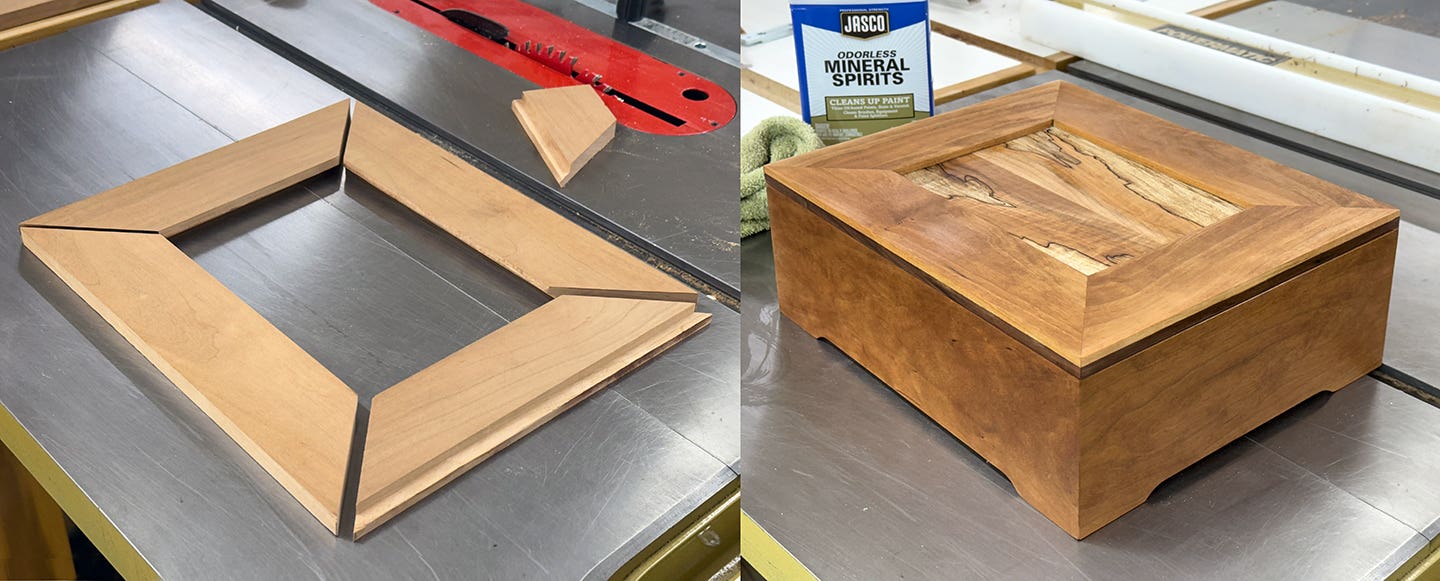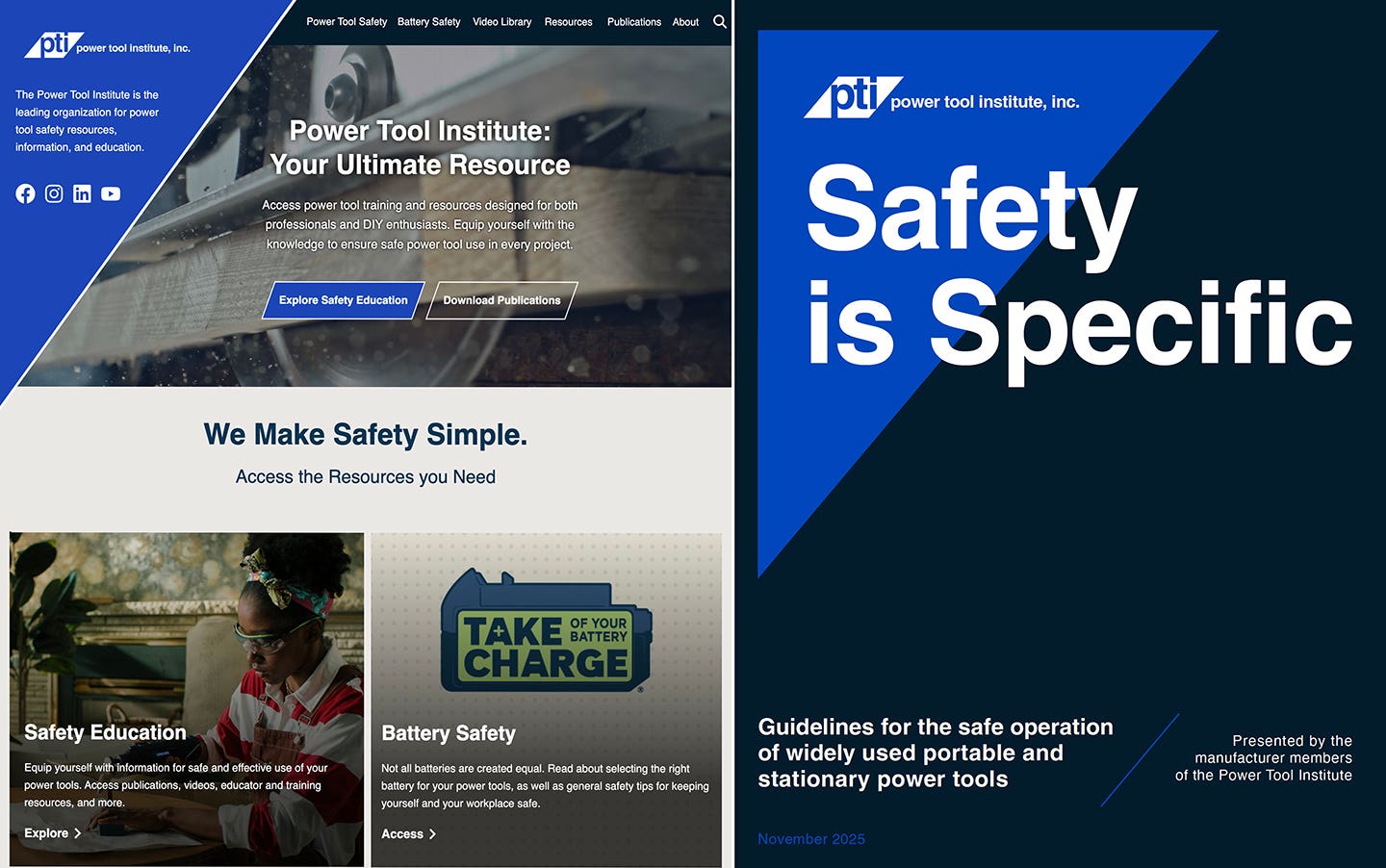Know the benefits, obligations of CNC
So, after all you’ve read about faster, safer, increased profits and other pie-in-the-sky claims, you’re thinking of possibly buying a CNC router. In the last five years, and particularly since…
So, after all you've read about faster, safer, increased profits and other pie-in-the-sky claims, you're thinking of possibly buying a CNC router. In the last five years, and particularly since I started writing about what we do with our CNC on my blog, I have fielded calls from other woodworkers considering taking the plunge.
The first was from a gentleman who developed a niche for Texas hold'em poker tables and who needed to add inlays to his designs. We had done a few small jobs for him and, while he was an hour-and-a-half away, they were small enough that we could do them through the mail. He quickly decided that there was more he could do if he had his own CNC machine and, after a brief discussion or two, he went out and bought one. Last time I saw him, he was living happily ever after with it.
There is another gentleman who I have spoken with a couple of times that has still not taken the plunge. What's the difference in these two cases? Are you the first person or the second? Is it right for you? Maybe, maybe not. There are a lot of things to consider about your business, about your personality, but mostly about your tolerance for potential frustration, tedious detail and your general acceptance of risk in your life.
Taking the plunge
I bought my CNC, a Multicam 1000, in late fall 2005. Because of the fantastic and flourishing construction of multimillion-dollar homes in my neighborhood, it was almost a no-brainer.
I had been introduced to the process by Richard Farley, a friend who owns Wood and Signs, a local sign shop. I think the sign business is where CNC first made inroads in the small shops of America. Carving letters? Yeah, they are really good at that. And they're also good for routing sweeping curves and oval shapes. Richard said he thought it would speed up production and might even replace an employee. After a couple of years of sitting and watching him draw stuff for me, I dove into his world and bought a CAD program so I could do drawings on my schedule, not his.
Critical issues
Here's the first key to successful CNC integration in your shop. Are you or one of your employees good at learning new software? Chances are, if you have employees, you've already moved to CAD and cleared that first hurdle. Most CAD programs can export files that your tool-pathing software can readily absorb (another computer program to learn and the real heart of successful CNC operation). The second hurdle is: Do you have the space? Our CNC ended up on the second floor by default. My shop's not large and it wasn't easy, but it was really the only place to put it.
In a small shop, this thing needs its own isolated space with noise control. Next, are you an outside-the-box thinker? Do you enjoy video games and have a high tolerance for figuring things out? We do a lot of small inlay work with bits as small as 1/32" and just holding some of the stuff to cut it requires more thought than just flipping a switch. The real question here is: If not you, do you have an employee who would be really good at this? You need that guy to make this fly and he should probably have grown up with computers (under 35) or is already experienced with CAD/CAM on some level. This stuff is a real mental challenge.
Next, can you fail with a good attitude? Unless you're cutting stacks of plywood into rectangles, it's going to happen at the start. Get used to it or don't even think of investing in CNC. Now, after five years of owning the CNC and with an operator with four years of experience, I rarely pause before accepting an outside job. There are risks and we have disclaimers, but we do the work and it often leads to more work and, in some cases, a constant stream of small but interesting jobs. Also, are you a meticulous cleaner and lubricator? You better be that guy or you'll eventually have problems.
The timing was right
CNC has expanded my design capabilities well beyond what I imagined. I can do things at a price clients can afford that I couldn't consider in the past. I get jobs from other woodworkers that I would not get if I didn't have it. Now that it's paid for about six months ahead of schedule, it's like having another man in the shop - and he's a clever one.
When I look at my income by customer summary for this year, I wonder if I would have been a lot less busy without the CNC. If I didn't have one now, would I buy one? That is a tough question. It's surely the biggest tool investment I've ever made - by a long shot. At the time, I had some idle cash, (ah, that was a fine time), and I started off with about one-third equity and no other shop debt, so the bank liked me. It still does, but I'm not sure they would be quite so enthusiastic about lending me the cash in today's economy.
Dan Mosheim is the owner of Dorset Custom Furniture in Dorset, Vt. To read his blog, visit www.dorsetcustomfurniture.blogspot.com.
This article originally appeared in the September 2010 issue.


